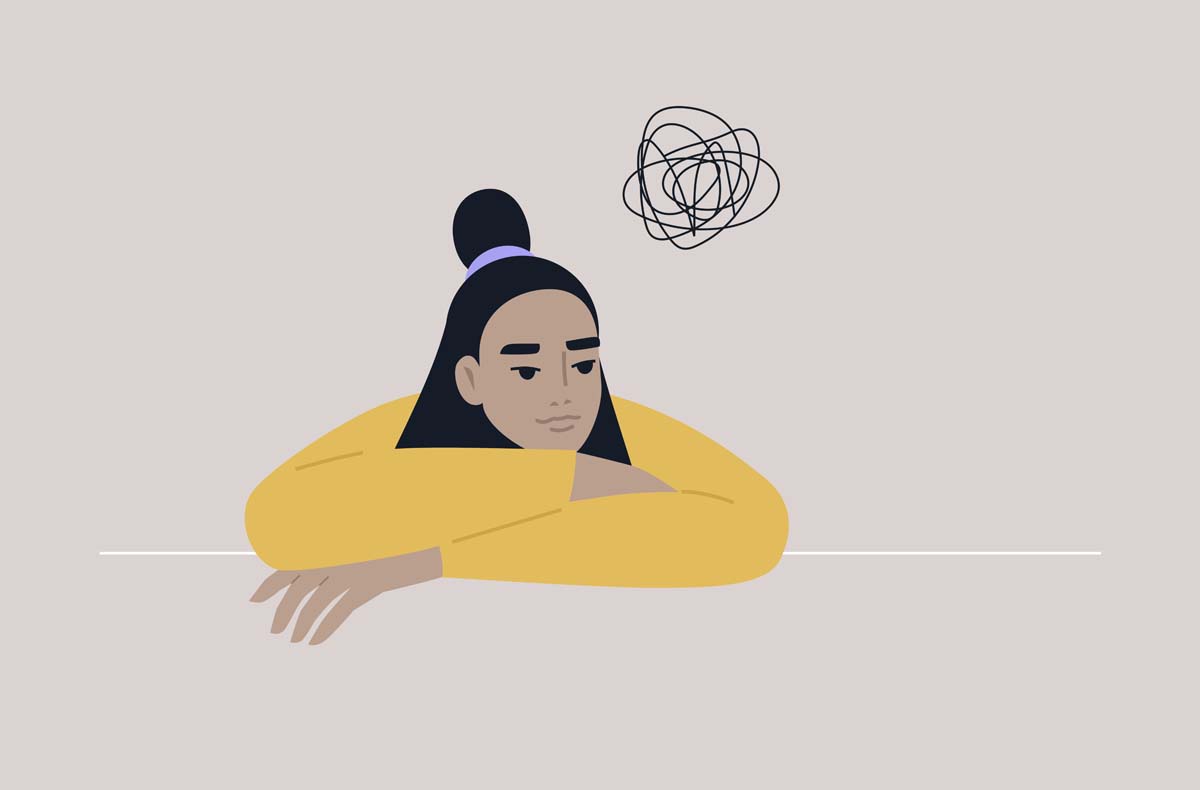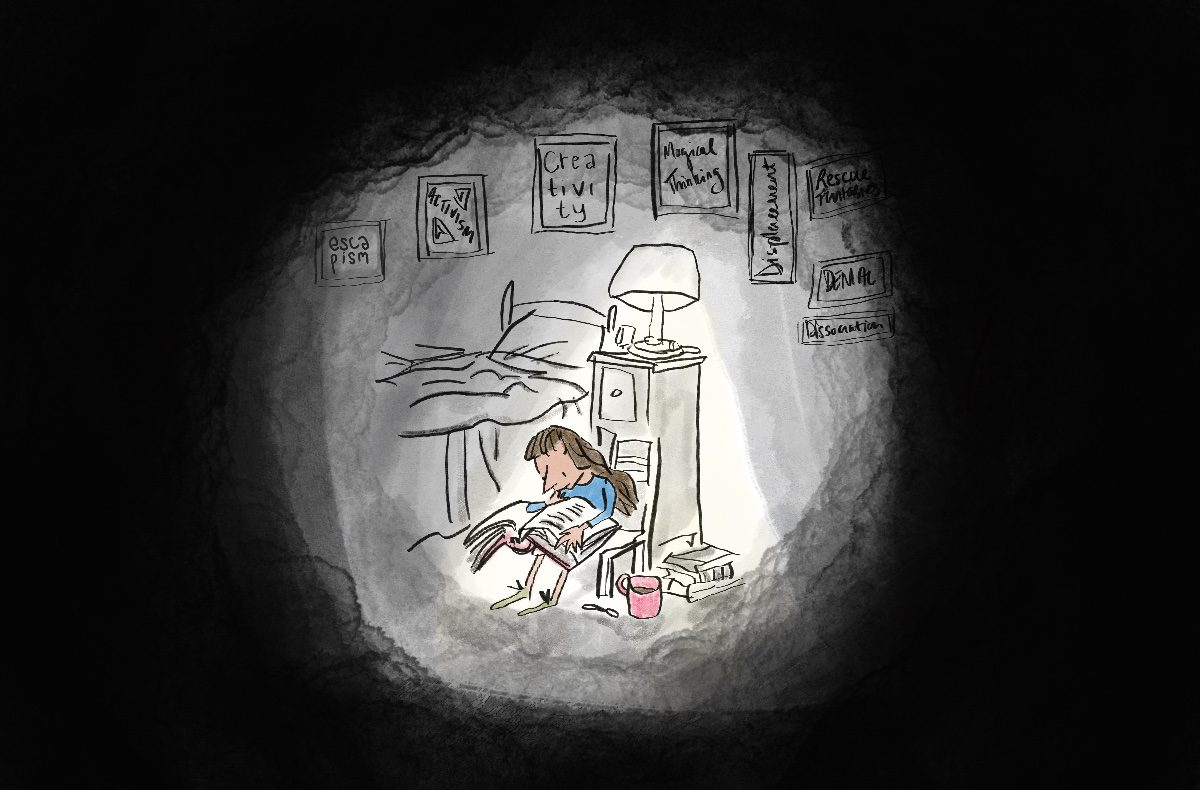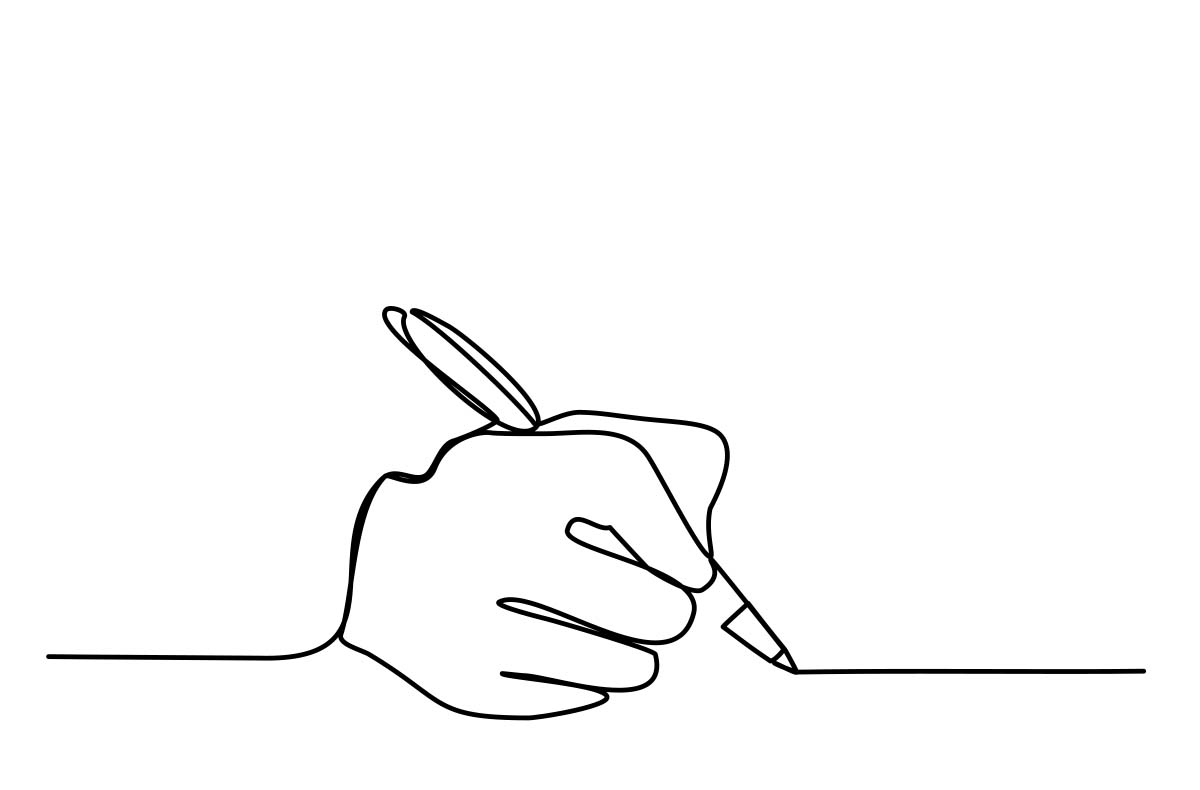
We all have emotional Band-Aids, inbuilt psychological defence mechanisms that help us cope with the range of life’s hardships, from debilitating traumas to the difficult emotions that may surface as part of a normal day. In the same way our bodies defend us from biological disease by utilising the functions of our immune systems, we also have a multifaceted psychological immune system at our disposal. The nuances of our individual defence mechanisms reflect the complexity of our make-up: the ways in which we cope are as unique as we are. We might repress uncomfortable thoughts and memories, pushing them down into our unconscious mind so they are no longer available to conscious memory. We might engage in denial, reframing reality to make it less painful. We may dissociate, perhaps mildly, when we daydream or zone out into fantasy, or more extremely, when we lose touch with our “Self” and our world, floating above it all.
In essence, our defence mechanisms exist to help us deal with thoughts, events, and real or perceived emotions that are too overwhelming. Nevertheless, if they develop into chronic coping strategies that no longer serve us in the here and now and block us from experiencing life authentically, they can become more problematic. In my own past, I have addictively escaped reality through compulsive working habits and chronic busyness. In my recent memoir, Grief and Her Narrative, I wrote that these behaviours protected me, representing the best I could do at the time. However, when I was no longer stuck in a traumatic situation, I found that my addictions prevented me from being present in a world in which it was now safe for me to engage again. Many therapeutic paradigms emphasise the healing powers of acknowledging these patterns: through methods like Dialectical Behavior Therapy, people can ultimately learn how to live independently from their chronic coping mechanisms, gently peeling back the Band-Aid to explore and learn to face the darkness behind it.
And yet what often gets missed is our opportunity to form a relationship with these protective parts, who were so needed by our younger selves. In an attempt at changing our behaviour, in an attempt at ripping the Band-Aid off to pursue a fuller life, we can inadvertently shame these parts of us, labelling them as “unhelpful” and “harmful.” Yes, they may no longer serve a valuable purpose right now, but their automatic immediacy may have saved vulnerable parts of us in the past.
What if there was a way to leave these coping mechanisms behind, whilst still seeing them as having played an inherently worthy role? What if we changed our relationship with them, viewing them as advocates wanting the best for us, instead of degrading them? Our repression is a cocoon, holding the butterfly that is our inner child, keeping her sheltered from a world she is currently not able to face. Our denial is a typewriter on autopilot, narrating a fantasy so convincing that we fully believe it when we read it over. Our dissociation is a mental anesthetic, ready for us on demand when our minds need to be sedated. When I started my own healing journey in therapy, I was unable to face the reality of past traumas for many months. My therapist sat with me in my denial, week after week, accepting my truth and meeting me where I was. His non-shaming approach taught me to give my denial some credit. He taught me that my coping mechanisms are my own unique creations, and I have the right to hold onto them until I am ready to carry on by myself.
In learning to appreciate our psychological Band-Aids, we can avoid adding extra layers of shame to the way we relate to ourselves. Understanding our coping mechanisms for what they are is not a means of keeping us stuck in their cycles: it is simply a kind, compassionate way of giving them a hug before we say goodbye to them and embark on a freer life.


